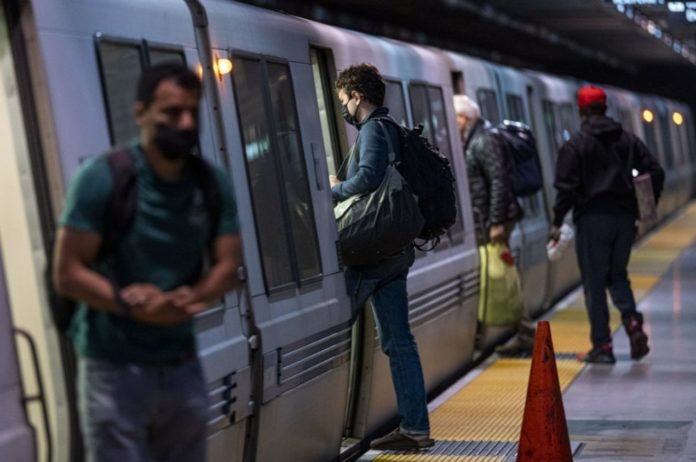New research says that more than 50% of fully-vaccinated blood cancer patients have minimal protection against COVID-19.
The SOAP-02 trial data, which was published today in a letter to Cancer Cell, analyzes the level of immune protection after the delayed Pfizer vaccination boost in 159 individuals, 128 of whom were cancer patients.
Despite the fact that the second shot boosted the rate of seroconversion (the production of antibodies to SARS-CoV-2) in blood cancer patients from 20percent to 57percent after a single dose, 57 percent of double-vaccinated blood cancer patients failed to generate an immune response to the SARS-CoV-2 spike.
The findings indicate blood cancer patients’ ongoing susceptibility to COVID-19. In the absence of the typical protection provided by vaccination, the authors argue that the study demonstrates the importance of continuing public health measures to limit SARS-CoV-2 transmission, as well as the urgency of the booster plan, particularly at a time of very high transmissions of the delta-variant in the United Kingdom.
Patients with solid tumors, such as breast, urinary, or skin cancer, similarly had poor responses to single-dose vaccine, with only 38percent seroconversion rates. However, unlike their blood cancer counterparts, these individuals responded strongly to a second vaccine dose administered at either 3 or 12 weeks.
While prior research claimed that delaying the second shot increased the immune response in healthy controls, this new study indicates that this was not the case in cancer patients. Because the authors’ data showed that patients with solid tumors had a poor response to the first dose of vaccination, delaying the second vaccine shot increases the time period during which cancer patients as a whole remained very vulnerable.
The experiment looked at 159 people at Guy’s and St Thomas’ NHS Foundation Trust, including 31 controls, 72 solid cancer patients, and 56 blood cancer patients, and their reactions after receiving the 2-dose COVID-19 Pfizer-BioNTech SARS-CoV-2 vaccine regimen.
The study looked at antibody formation (seroconversion) and function (virus neutralization), as well as T cell responses after a delayed (12 week versus 3 week) second dose of the vaccination.
A comparison of the rates of patients obtaining both seroconversion and good T cell responses revealed that blood cancer patients fared poorly, with just 36% achieving antibody and T cell responses compared to 78 percent of solid cancer patients and 88 percent of healthy controls.
The study’s authors recommend people to continue wearing masks, to maintain social distance in crowded settings such as public transportation, and to vaccinate school-age children who may come into contact with blood cancer patients or others at risk.
Lead author Dr. Sheeba Irshad, a senior clinical lecturer from King’s College London, said, “COVID-19 vaccines are very effective and safe for majority of the population, but people with moderate to severe compromise of their immune system are not completely protected after the initial dose or after both doses. And so, masks and other COVID-19 protective measures continue to remain necessary for patients particularly with blood cancers. It is also important for our patients to take up the offer of additional doses of COVID-19 vaccine recommended to them as part of the continued primary vaccination series.”
Image Credit: Getty
You were reading: COVID Study urges these vulnerable people to continue wearing masks, avoid crowded areas such as public transport
